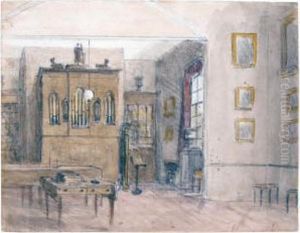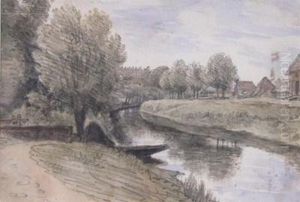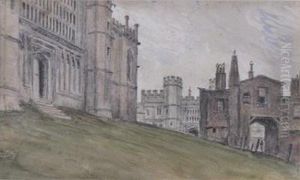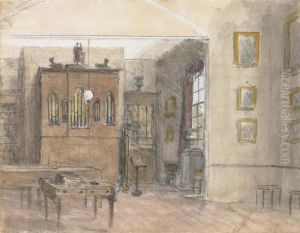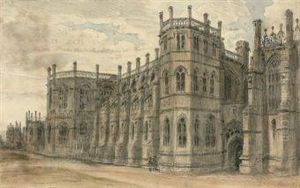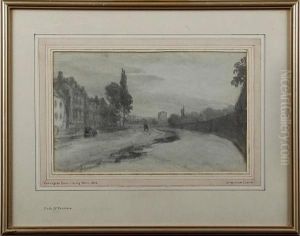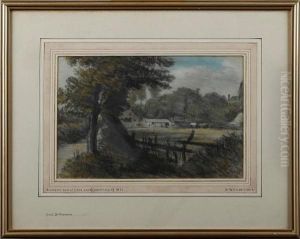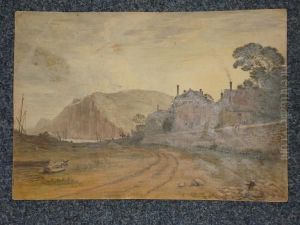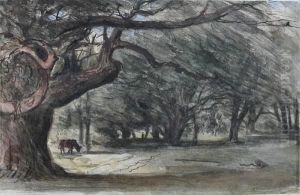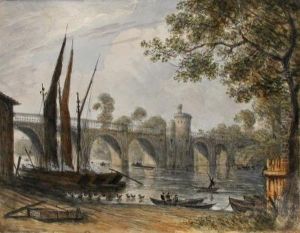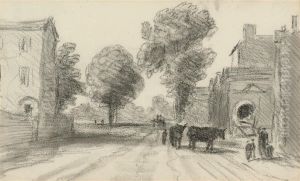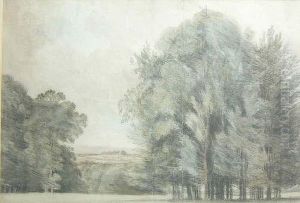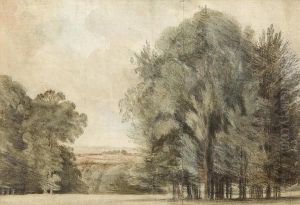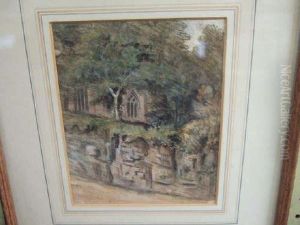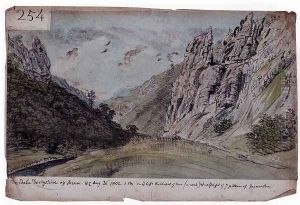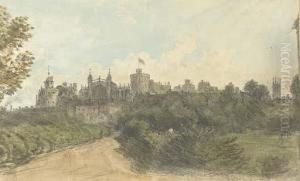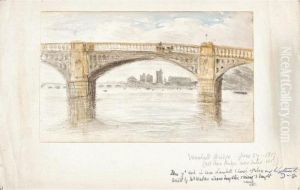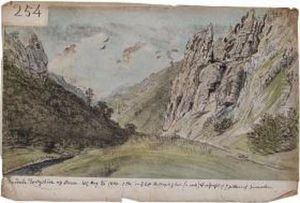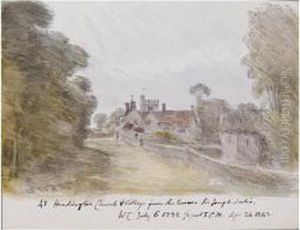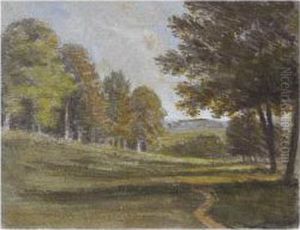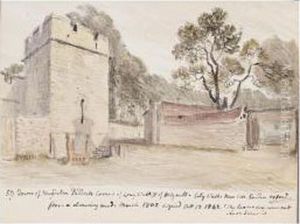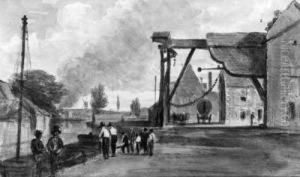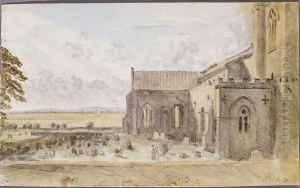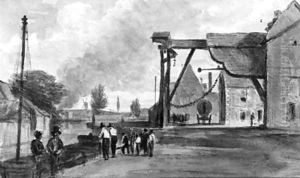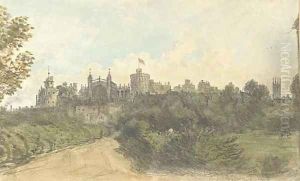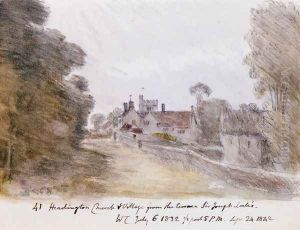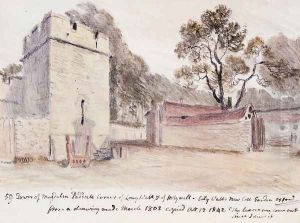Dr. William Crotch Paintings
Dr. William Crotch was an English musician, composer, artist, and teacher born on July 5, 1775, in Norwich, England. Recognized as a child prodigy, Crotch played the organ quite proficiently by the age of two and performed for the public at the age of three. His early talent garnered much attention, and he was often exhibited as a musical phenomenon, playing for the royal family and other notable figures of the time.
Crotch's formal education in music began under the tutelage of composer and organist Charles Burney and the German musician Christian Friedrich Barthélemon. In 1786, he became the organist at Christ Church, Oxford, and subsequently at St. George's Chapel, Windsor, in 1790. He continued his education at Oxford University, where he earned a Bachelor of Music degree in 1794 and a Doctor of Music degree in 1799.
Throughout his career, Crotch was a prolific composer, although his works have not remained prominent in the classical repertoire. He composed oratorios, anthems, and several instrumental pieces, including concertos and chamber music. His most significant oratorio, 'The Captivity of Judah', premiered in 1789. Crotch also wrote theoretical works on music, sharing his insights on harmony and musical structure.
In addition to his musical pursuits, Crotch was an accomplished artist. He exhibited his works, mainly landscape paintings, at the Royal Academy of Arts. His interest in the visual arts also led him to give lectures on painting and the connections between music and art.
Crotch's contributions to music education are notable. He served as the first Principal of the Royal Academy of Music in London from its foundation in 1822 until 1832. His teaching and administrative roles helped shape the early years of the institution, which has since become one of the leading music conservatories in the world.
William Crotch's influence waned towards the latter part of his life, and he retired from public life in the 1830s. He passed away on December 29, 1847, in Taunton, Somerset. His legacy lives on through his writings, a small body of compositions, and his impact on the British musical education system.
